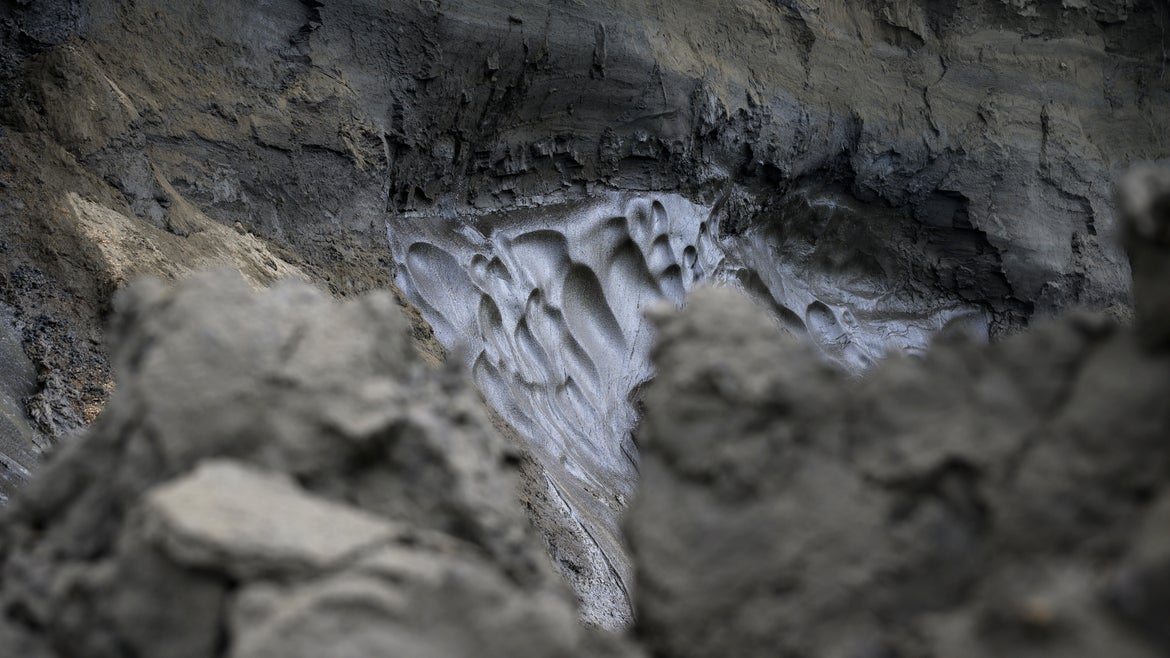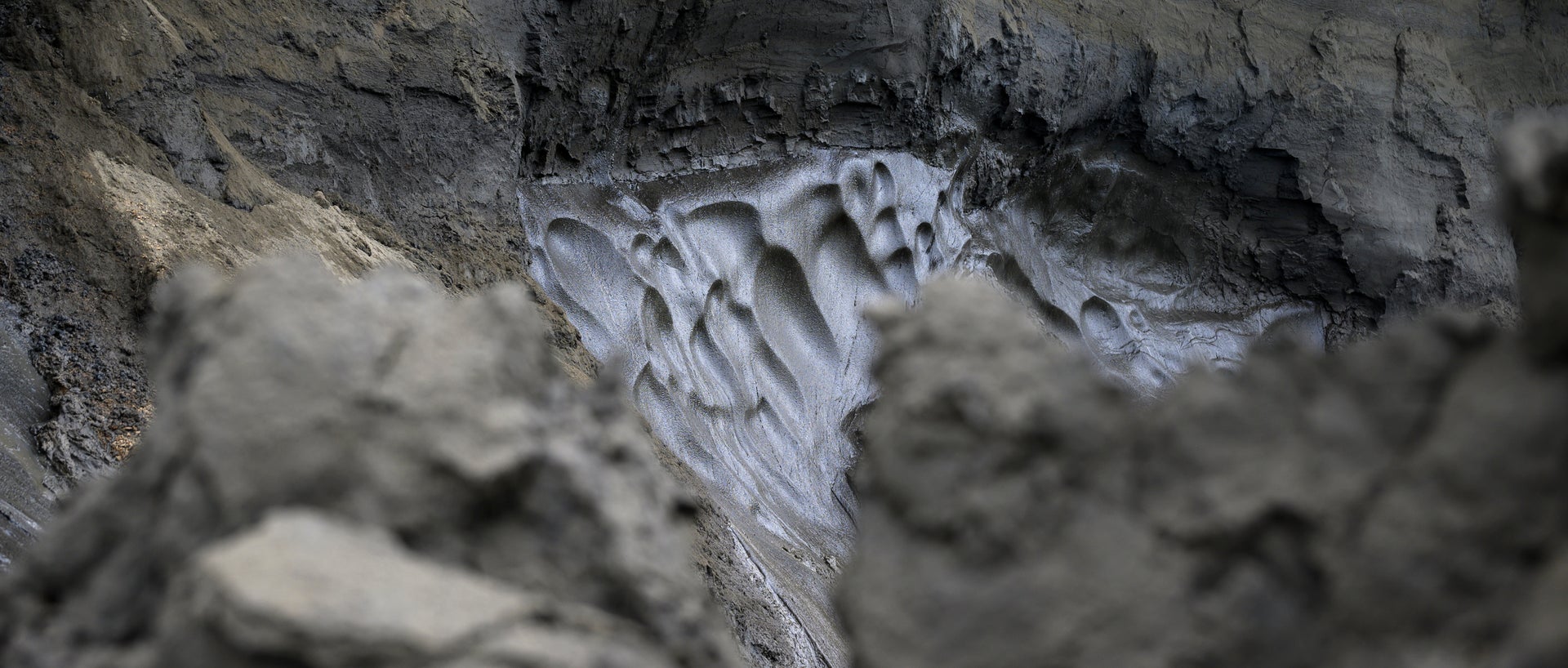Russian researchers discover a rotifer remained frozen alive for 24,000 years in the Siberian permafrost.
Bdelloid rotifers — a type of microscopic freshwater wheel animal — are known for their propensity for survival.
Russian scientists found this to be firmly true when they discovered these rotifer creatures snoozing in a core of permafrost —ground that is frozen year-round — from over 24,000 years ago.
According to CNN, Stas Malavin, a researcher at the Soil Cryology Laboratory at the Pushchino Scientific Center for Biological Research in Russia, says their report cements the fact that multicellular organisms can survive through several thousands of years of cryptobiosis — the state of almost completely arrested metabolism.
The soil had been extracted from the Siberian permafrost using a drilling rig. Once retrieved and thawed, the rotifers were also able to reproduce.
The researchers say that the more complex the organism, the less likely survival in freezing temperatures would be, but the study confirms that organisms with brains can be frozen and then brought back to life.







